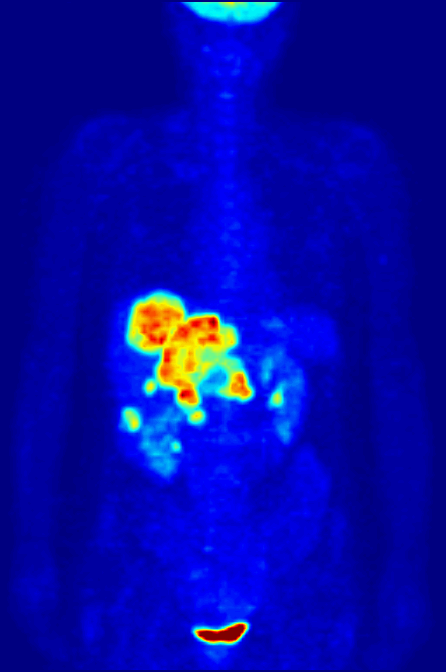Efficacy of Subcutaneous Tocilizumab in Chinese Rheumatoid Arthritis Patients

A recent phase 3 clinical trial has revealed that subcutaneous tocilizumab (Actemra), administered alone or in conjunction with methotrexate, demonstrates a significantly higher efficacy compared to methotrexate monotherapy in treating moderate to severe rheumatoid arthritis (RA) among Chinese patients. This study, conducted across 19 sites in China between 2017 and 2022, involved 340 adults who had not adequately responded to conventional synthetic disease-modifying antirheumatic drugs (csDMARDs) and was published in the JAMA Network Open on June 12, 2025.
The trial was a double-blind randomized control study, allocating participants to three groups: tocilizumab plus methotrexate, tocilizumab plus placebo, and methotrexate plus placebo. The subcutaneous tocilizumab was administered at a dose of 162 mg every two weeks, while methotrexate was given in doses ranging from 10 mg to 25 mg weekly. After 24 weeks, the study found that the ACR20 response rates—indicating a 20% improvement in RA symptoms—were markedly higher in both tocilizumab treatment arms. Specifically, the combination therapy yielded a 52.9% ACR20 response rate and tocilizumab monotherapy produced a 50% response rate, in stark contrast to a mere 25% response rate for the methotrexate group (P < .001).
In addition to efficacy, the study authors emphasized the favorable safety profile of tocilizumab, noting that the treatment was generally well tolerated, with no new safety concerns arising throughout the trial. The incidence of adverse events (AEs) was reported to be over 70% across all groups, primarily mild to moderate, with the most common AE being upper respiratory tract infections. Serious AEs were slightly more prevalent in the tocilizumab groups, affecting nine patients on the combination therapy, six on tocilizumab monotherapy, and one on methotrexate.
The study's authors, including Dr. Tianyu Liu, lead investigator and researcher at Peking University, pointed out that the results underscore the significant therapeutic potential of tocilizumab both as a standalone treatment and in combination with methotrexate. "This study adds valuable data to the existing literature on the efficacy and safety of subcutaneous tocilizumab in RA patients, particularly in an ethnically homogeneous population," stated Dr. Liu.
However, the authors also noted limitations, including the exclusively Chinese patient population, which may restrict the generalizability of the findings to other ethnic groups. The trial's duration, compounded by the COVID-19 pandemic, also raised concerns about potential missed follow-ups. Furthermore, the methotrexate doses used were lower than those recommended by international rheumatology guidelines, potentially impacting the response rates observed in the methotrexate group.
Dr. George R. Burmester, Professor of Rheumatology at Charité University, commented on the implications of the study, stating, "The findings offer strong evidence that subcutaneous tocilizumab is an effective treatment option for RA, particularly for patients who have not responded adequately to other therapies. However, further studies in diverse populations are essential to confirm these results."
The trial's outcomes are expected to shape treatment protocols for RA in China and potentially influence practices globally. As the medical community continues to explore the efficacy of tocilizumab, both as monotherapy and in combination therapies, it may emerge as a cornerstone in RA management, particularly for patients with refractory disease. Future research will be required to evaluate long-term outcomes and the broader applicability of these findings across different demographics.
This study reinforces the ongoing shift towards personalized medicine in rheumatology, highlighting the need for tailored treatment plans based on individual patient responses to therapy. As treatment landscapes evolve, the role of innovative therapies like tocilizumab will remain critical in the pursuit of optimal patient outcomes in rheumatoid arthritis.
Advertisement
Tags
Advertisement





